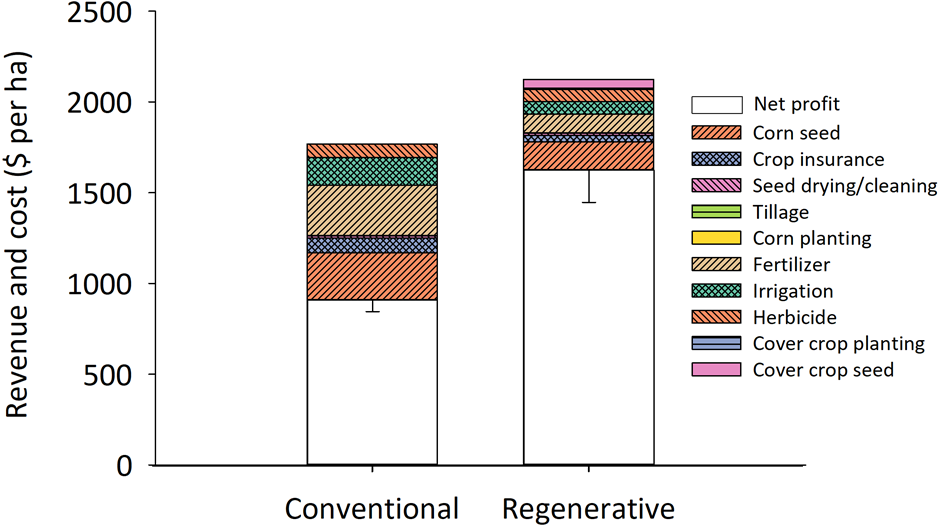Written by Chris Fellows
It’s an odd thing to define what a “regenerative farmer” actually is. I generally think, it has more to do with the mindset of change than anything else. Then it becomes a journey and at some point you may meet the criteria of an official definition, if we actually ever get one. But with more information being released about what SFI will (and won’t) pay for, it seems that a lot more farmers will be adopting regenerative practices. This in not to say they will be direct drilling, they might still be ploughing or running power harrow combination drills. But some regen will be added to what they do.
As that is what farmers are going to get paid for and the first step to being sustainable, is to be profitable. Many farms will therefore be trying to work out how they can profit from regen practices. Some of which will be taking their first steps in regen, others adding to their regen credentials. The distance of your journey to date, depends on how short or long term your view of profitability is. Historically moving to regen has been a big financial shift for many farms, but with SFI and more frequent payments, that is changing.
Beyond government “subsidies”, the real shift will come via market access and we are already seeing examples of this with Wildfarmed, M&S and even the new McCains adverts around regen chips (which kind of make me feel odd inside, as I can’t imagine standing in a wet potato field and ever using the word “regen” and potatoes in the same sentence). However, it seems clear that regen farmers are going to be rewarded with improved market access.
Consumers are increasingly seeking sustainably produced, environmentally friendly products. Farmers practicing regenerative agriculture may gain access to premium markets and niche consumer segments willing to pay more for sustainably grown products. Thus, encroaching on the organic market. Profiting from Regen is something we are going to hear a lot about in the future. The result will be that farmers alter their farming methods to go where the money is, which will not necessarily be where the ecology is best benefitted.



